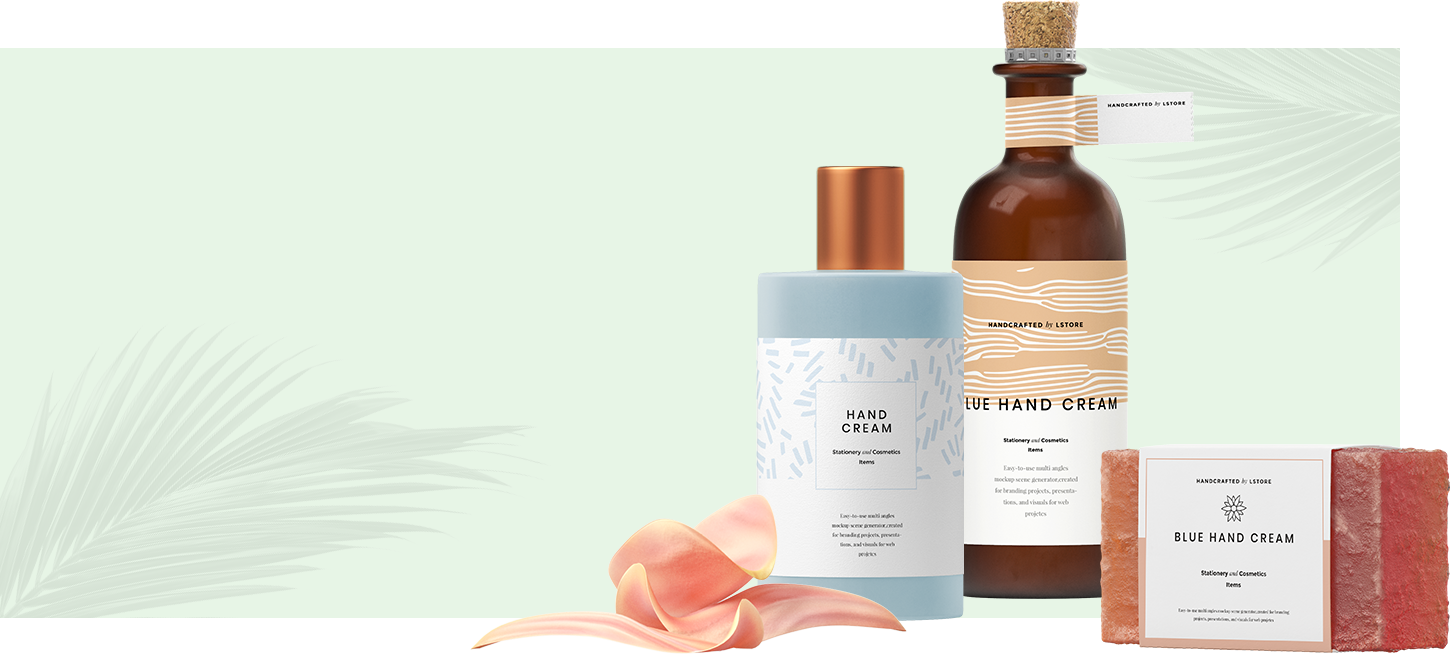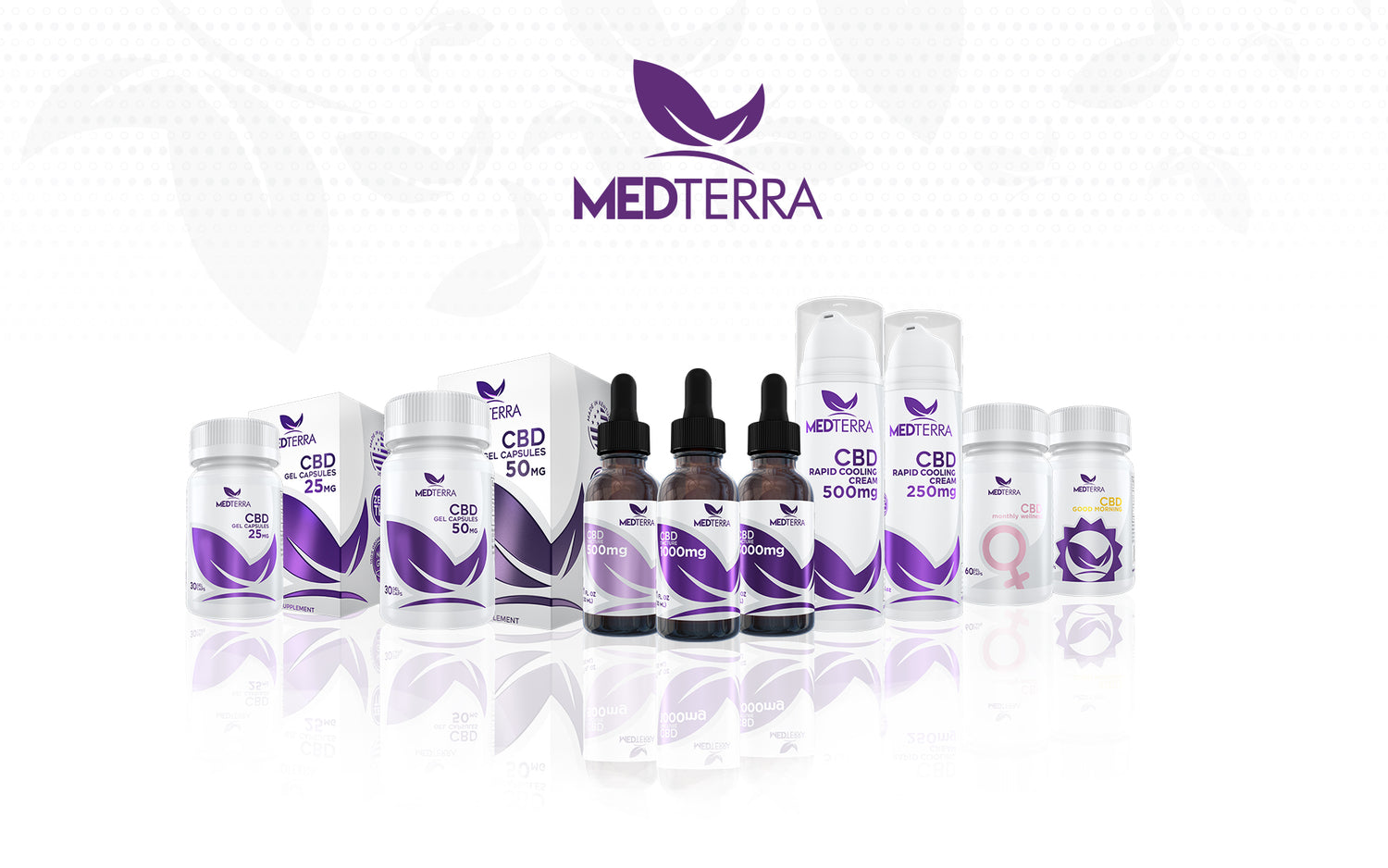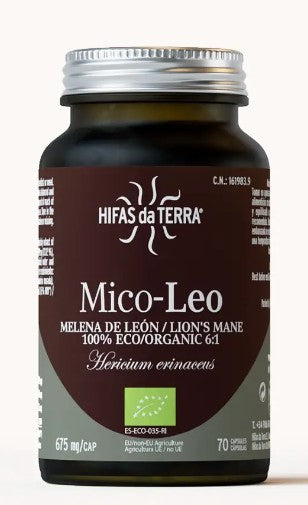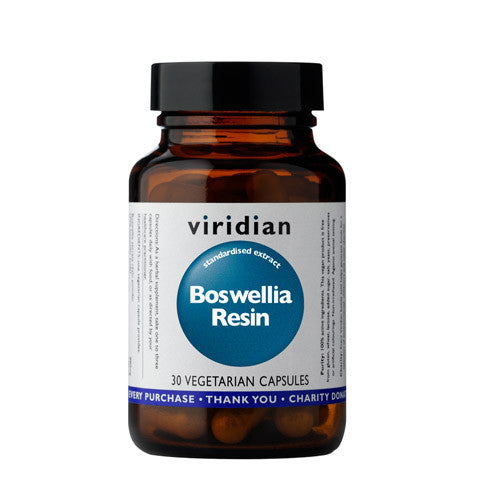Although most commonly experienced during adolescence, acne can occur at other times in life, especially during hormonal changes. Blackheads or pimples may be a problem on the face, neck, chest, and back when pores become infected or clogged with oil. The bacteria involved are always present on normal skin. Therefore, improving the skin’s resistance to infection is important. Most cases of acne can be resolved through hygiene and nutrition.
Foods to avoid are those that are spicy and oily and include: coffee, alcohol, sugar, chocolate, ice cream, soft drinks, dairy foods, red meat, shellfish, bamboo shoots and white mushrooms. Other things that aggravate acne are smoking, emotional stress, constipation, makeup, and washing with chemicals or soap. The face should be washed with cool water; if it is especially dirty, steam it with hot water to induce sweating, then wash with cold water.
Helpful supplements and Vitamins
Zinc (25 to 30 mg) -- Zinc helps in the healing of tissues and prevents scarring. It also helps in regulating the oil glands. People with acne usually have a zinc deficiency. Be sure to take 1 mg of copper for every 15 mg of zinc you take to keep balanced. These two minerals have to maintain a specific balance to work properly.
MSM (1000 mg) -- There have been studies that showed that acne responds positively to MSM supplementation. Sulphur is a great skin healer and MSM is a form of sulfur that is easy for the body to assimilate and use effectively.
Herbal remedies that work well for treating acne include Burdock Root and Dandelion -- The skin is the largest organ in the body and one of its functions is the elimination of toxic waste from the body through sweating. The primary organs involved in elimination of toxins are the liver and kidneys. If they can no longer handle the load, the skin takes over. Other herbs that are helpful are milk thistle, yellow dock, turmeric and cleavers. Milk thistle helps improve liver health. Yellow dock, turmeric and cleavers are great blood purifiers. Blood purifiers are also known to support the lymphatic system, which is involved in the elimination of toxins through the skin.
GLA -- Gamma linolenic acid or GLA is well known for its hormone balancing effect. The best sources of GLA are evening primrose oil and borage oil.
Tea tree oil helps to reduce P.acnes bacteria, the main cause of acne and doesn’t cause itchiness or stinging feeling when used.
Apple Cider Vinegar -- Plain vinegar will work as well. Vinegar is known to kill bacteria, which can cause acne. It is great for balancing your skin’s pH and will help eliminate excess oil from the skin. Use one teaspoon of vinegar in 1/4 cup of water or even stronger if you want. Put the vinegar on your skin and leave for about 10 to 15 minutes -- then rinse.
Homeopathic Remedies
Remedies may be helpful during flare-ups, but a constitutional remedy, prescribed by an experienced homeopath, is the most appropriate way to deal with severe or persistent skin problems.
Hepar sulphuris: This remedy may be indicated when the skin is easily infected, slow to heal, and painful eruptions like boils appear. The pimples are very sensitive to touch and slow to come to a head; eventually, offensive-smelling pus may form.
Kali bromatum: is usually used for forehead blemishes and sores.
Sulphur: Itching, sore, inflamed eruptions with reddish or dirty-looking skin often indicate a need for Sulphur. Itching may be worse from scratching, and worse from any form of heat—especially bathing or washing.
Silicea (also called Silica): A person with deep-seated acne along with a general low immune resistance, swollen lymph nodes, and a tendency toward fatigue and nervousness may benefit from this remedy. Infected spots are slow to come to a head, and also slow to resolve, so may result in scarring. A person who needs this remedy is generally very chilly, but inclined to sweat at night.
Homeopathy Dosage Directions
Select the remedy that most closely matches the symptoms. In conditions where self-treatment is appropriate, unless otherwise directed by a physician, a lower potency (6X, 6C, 12X, 12C, 30X, or 30C) should be used. In addition, instructions for use are usually printed on the label.






